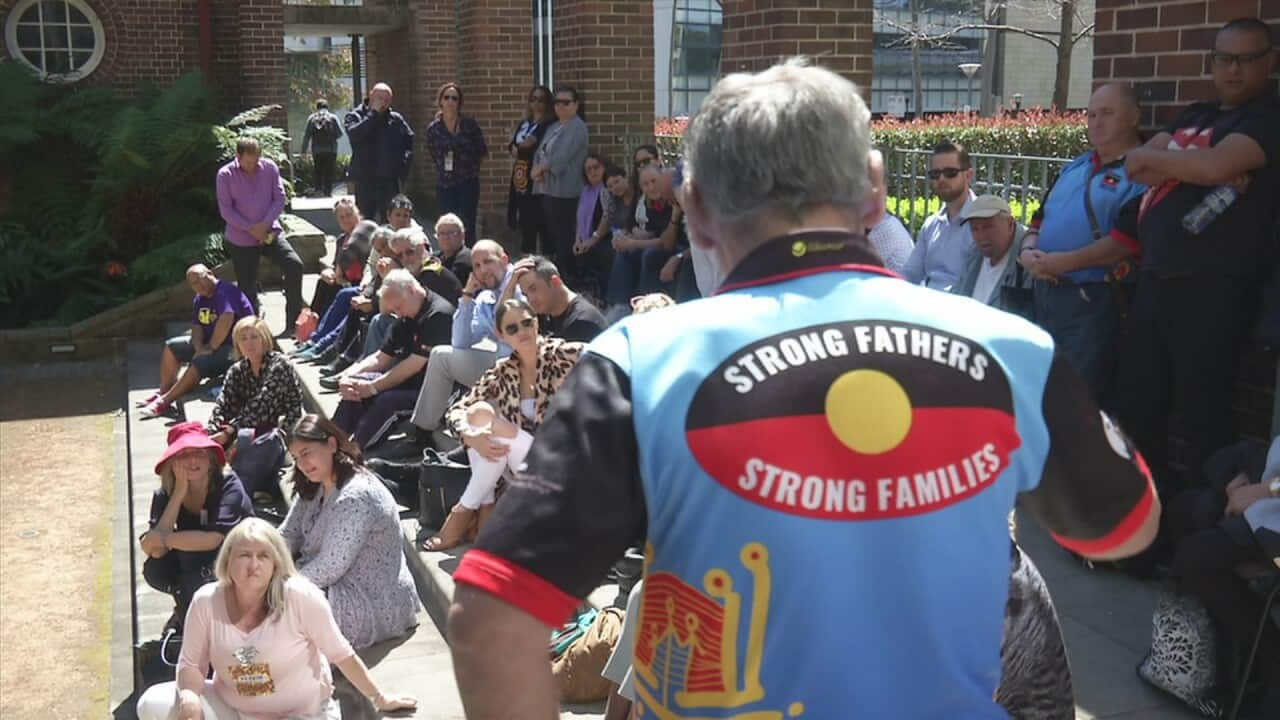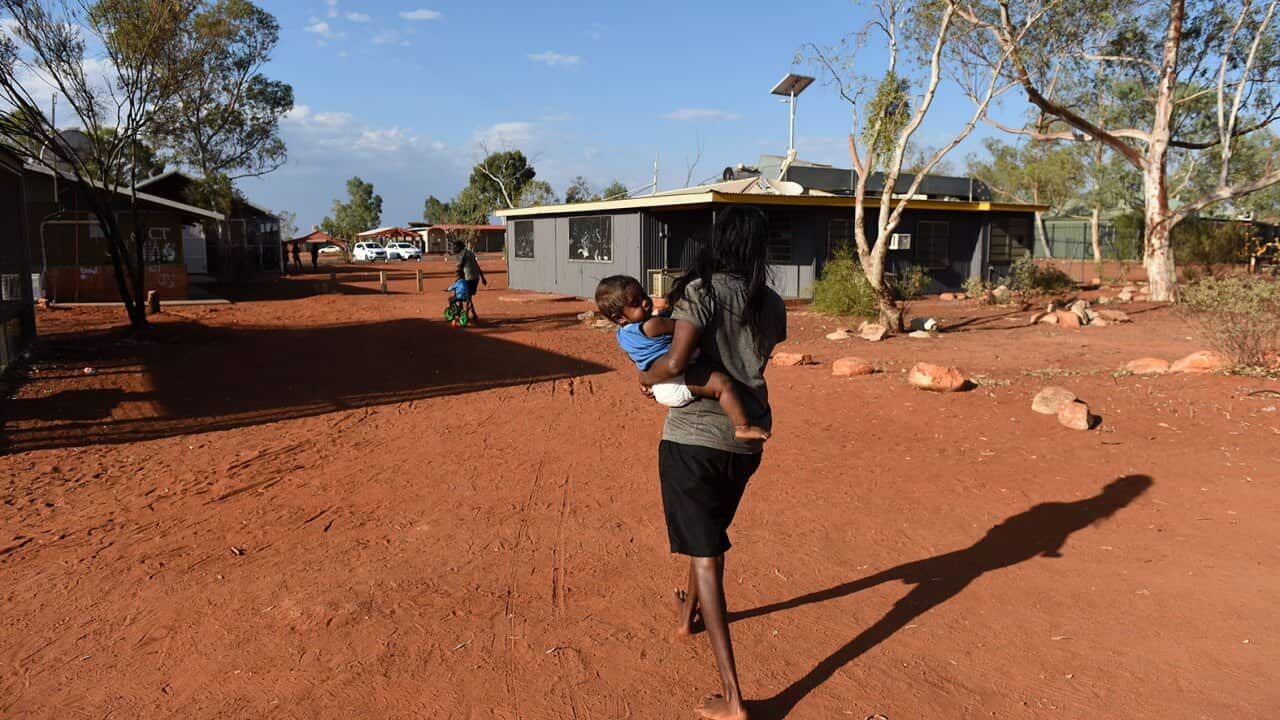The meningococcal disease outbreak continues to hit Aboriginal and Torres Strait Island people living in Central Australia, the Barkly, Katherine and Katherine West regions.
This year alone has seen 25 confirmed cases of the W strain, a rapid jump from only three cases last year. All cases have affected only Aboriginal and Torres Strait Islander people. To make matters worse, 19 of those cases have been recorded as children younger than the age of 10.
We need all young people to take this very seriously, visit their local health services and be immunised immediately to stop the spread.
Chief Medical Officer Public Health, Dr John Boffa has urged everyone in the community to take this epidemic very seriously.
"This is a really serious disease, it’s a major outbreak. It's the biggest Australia has ever seen and its confined to Indigenous children under the age of 10...We need all young people to take this very seriously, visit their local health services and be immunised immediately to stop the spread," Dr Boffa said.
This week, a mass vaccination program is being rolled out in the affected regions. Coordinated by the NT (CDC), government and non-government health services, including Aboriginal community-controlled health organisations will be able to offer NT Health funded vaccines.
A free vaccine will be offered to all Indigenous people aged between 12 months and 19 years, living in remote communities. Aboriginal people aged between 12 months and 19 years living in Alice Springs, Tennant Creek and Katherine will also have access to the vaccine.
People are also able to pay for the vaccine at their local doctor. There are two vaccines available - one costs $49 while the other is $118 and authorities have advised that 'the cheaper one is just as effective'.
After working in the public health communal disease sector for nearly 30 years, Mr Boffa, speaking on behalf of the Central Australian Aboriginal Congress, has urged for action to be taken as soon as possible in the NT, such as changes to the national child immunisation schedule.
"This epidemic means plans need to be sped up so we’ll have populational protection through routine immunisation of children."
Dr Boffa says Aboriginal community controlled health services and NT government clinics were doing well to stop the spread of the virus.
"The positive thing is the health system has diagnosed people early, gotten them to hospital and out of the 25 cases in the NT so far, We've been able to pick them up quickly and get them effectively treated."
Dr Boffa warns parents and Indigenous youth that the correct early prevention steps must be taken.
"The disease presents differently and is hard to clearly identify - which is why any sick child with a fever needs to be assessed and get to their local clinic to be checked," he said.
If you have a late diagnosis, late being you only miss it by 24 hours, it can kill you.
Dr Boffa says the results of this epidemic "highlights the extreme inequality between Aboriginal and non-Aboriginal people in the NT." He says the NT is desperate for more hands-on help to look after people impacted by the disease.
"We urgently need extra help! We need more nurses throughout the territory. If there are any nurses who want work as locums they should contact the central Australia aboriginal congress in Alice Springs or , we want your help!"
Meningococcal disease is an uncommon but very serious disease. It is treatable with antibiotics but the infection can progress very quickly. It's important for people to be aware of the symptoms and to seek medical advice early for either themselves or their children if they have any concerns.
WHAT IS MENINGOCOCCAL?
* A rare, life-threatening illness caused by bacterial infection of the blood and/or the membranes that line the spinal cord and brain and occasionally infect other sites, such as large joints.
WHAT ARE THE SYMPTOMS?
* Fever, neck stiffness, headache, difficulty looking at bright lights, vomiting, diarrhoea, sore muscles or joints, drowsiness or a rash. Babies may refuse food and drink and have a high pitched cry.
HOW IS IT TREATED?
* With antibiotics, but the infection can progress very quickly, so seeking medical attention urgently is vital to survival.





